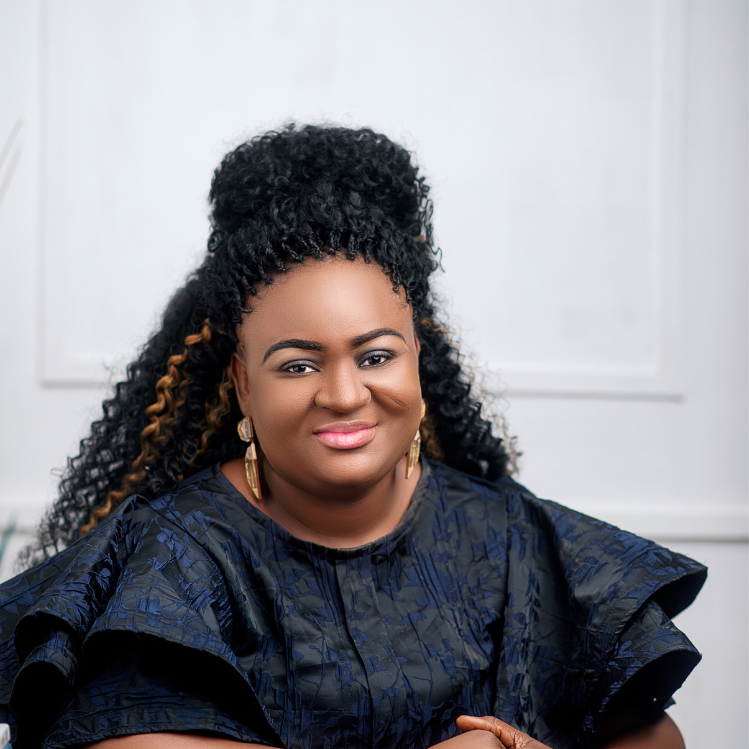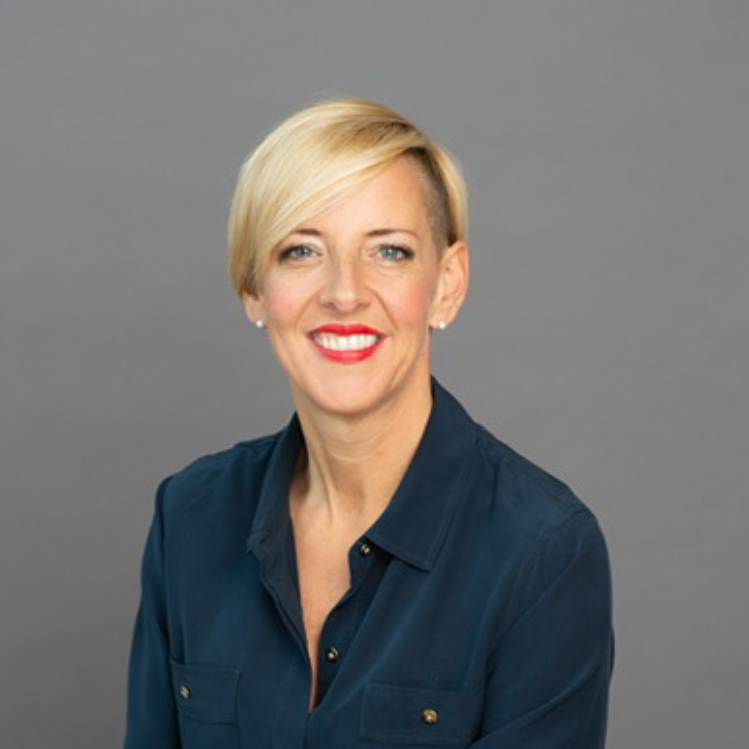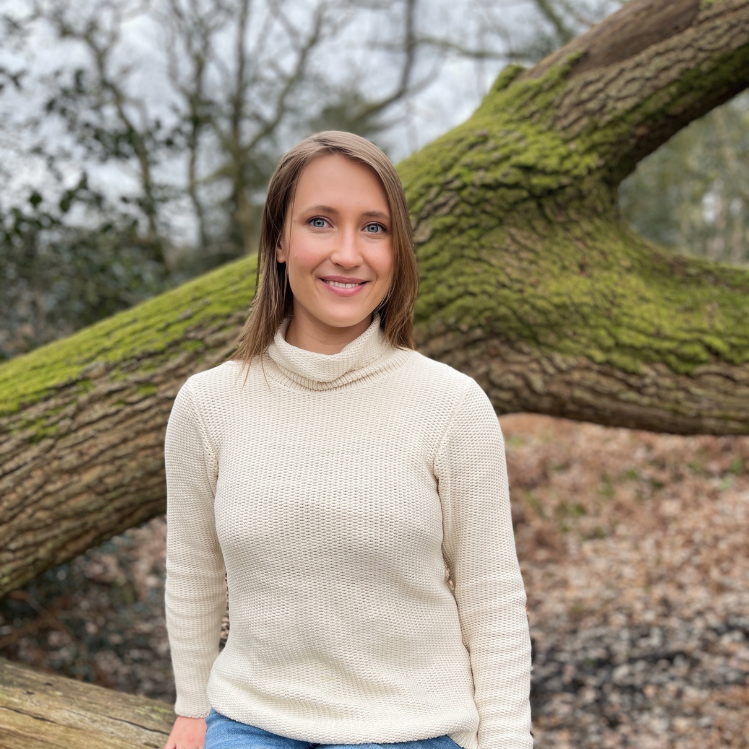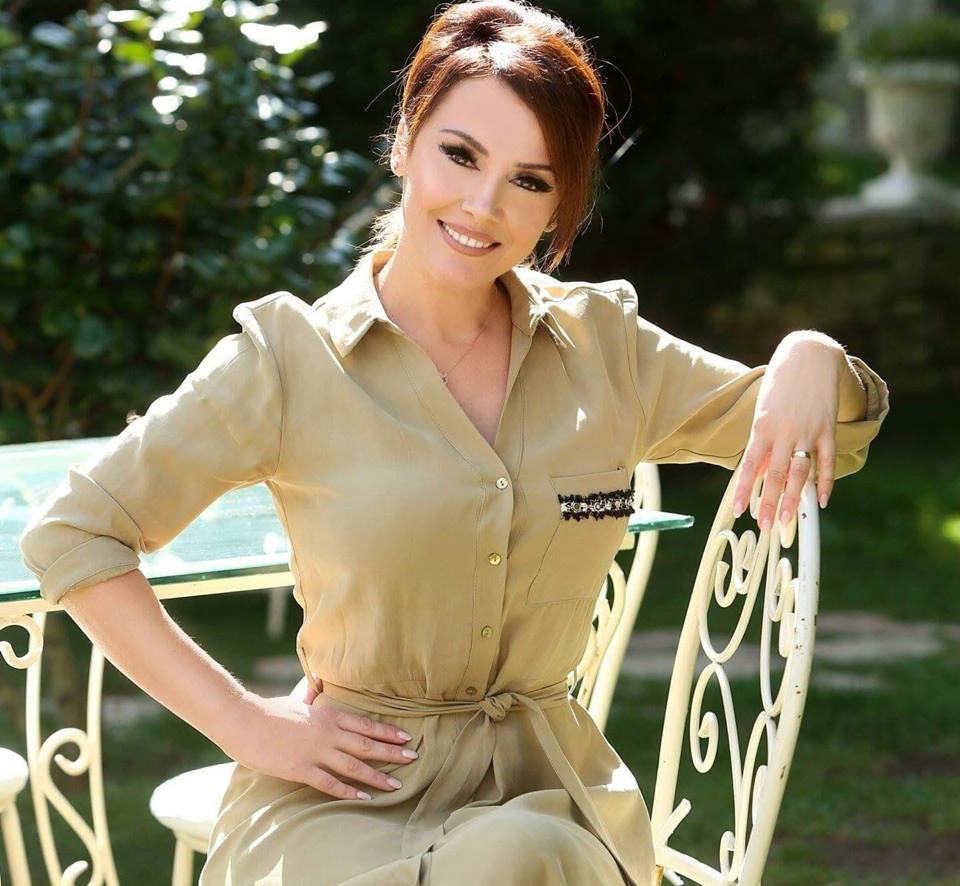
Blerina Boci – ‘Seeing the world from a different angle’
Blerina Boci
‘Seeing the world from a different angle’
By Fati Gorezi
Blerina Boci has worked in psychology and education for the last 20 years. She is the director of “Elbasan Autism Center”, an organization with a mission to provide expert assessment, treatment and support services to individuals and families affected by ‘Autism Spectrum Disorder’. She has dedicated over seven years to helping individuals with autism to lead healthy, productive lives and reach their full potential. In this article she shares with us details from her journey and how this journey has transformed her life for the better.
For the last seven years, you have run the ‘Elbasan Autism Center’. How would you describe this journey?
[rml_read_more]
It is a natural journey that followed a passion and later took the form of a profession. It started as an early dream, to be part of the world of child psychology, continued with the dedication of a woman who recognizes the responsibility for family joy. Now it exists as an irreplaceable work pleasure compare with nothing else. It is a life of dedication to children with autism who know how to give only inexhaustible sincerity and an optimistic thirst for feeling and enjoying the world around them.
I had to make a transition after several years of teaching and education as a psychologist. It was a journey that flowed more than I could ever ask for. It was, in fact, years and years that conveyed to me the conviction that the key that opens the door of happiness and motivation to a child is smiles and love. I consider both of them as the proper pathways where the knowledge I pass on is complete and beautiful. I received in return their kindness, compassion gratitude and full respect. My previous life as a psychologist helped me to connect with the children and to people in general. I began to look inside them like looking through a window to see the problem and it was a colourful revelation with some joyful times – but often bitter too. My desire to be part of their solution grew in in a sort of progression with the problem.
The fulfilment of this ambition was shaped by the establishment of the Center through the ‘Albanian Children Foundation’ with President Ms. Liri Berisha. I cannot pretend that everything has been easy. Coping with Autism requires overcoming challenges and having dedication. Initially there was a lot of scepticism from the family, the community and other institutions. But I was not discouraged. With patience I overcame both the scepticism and the obstacles. From multiple meetings and counselling with parents, I realized that these children did not only face Autism. I saw that we were struggling every day with poverty, stigmatisation, loneliness, revolt, perversion, divorce etc. and because of this there was also ‘labelling’ and ‘despising’. Numerous sacrifices were made every day with people coming from distant villages in the scorching sunlight, in the rain and in the snow, just to bring their children into therapy. Our motivation multiplied.
During these years, in parallel with the staff, besides the uninterrupted care of children, we undertook important awareness campaigns for the recognition and acceptance of this disorder, despite all its problems. We especially focused on the importance of early identification and referral to specialised centres. Our work has no rest. It continues with the pace of an uninterrupted symphony.
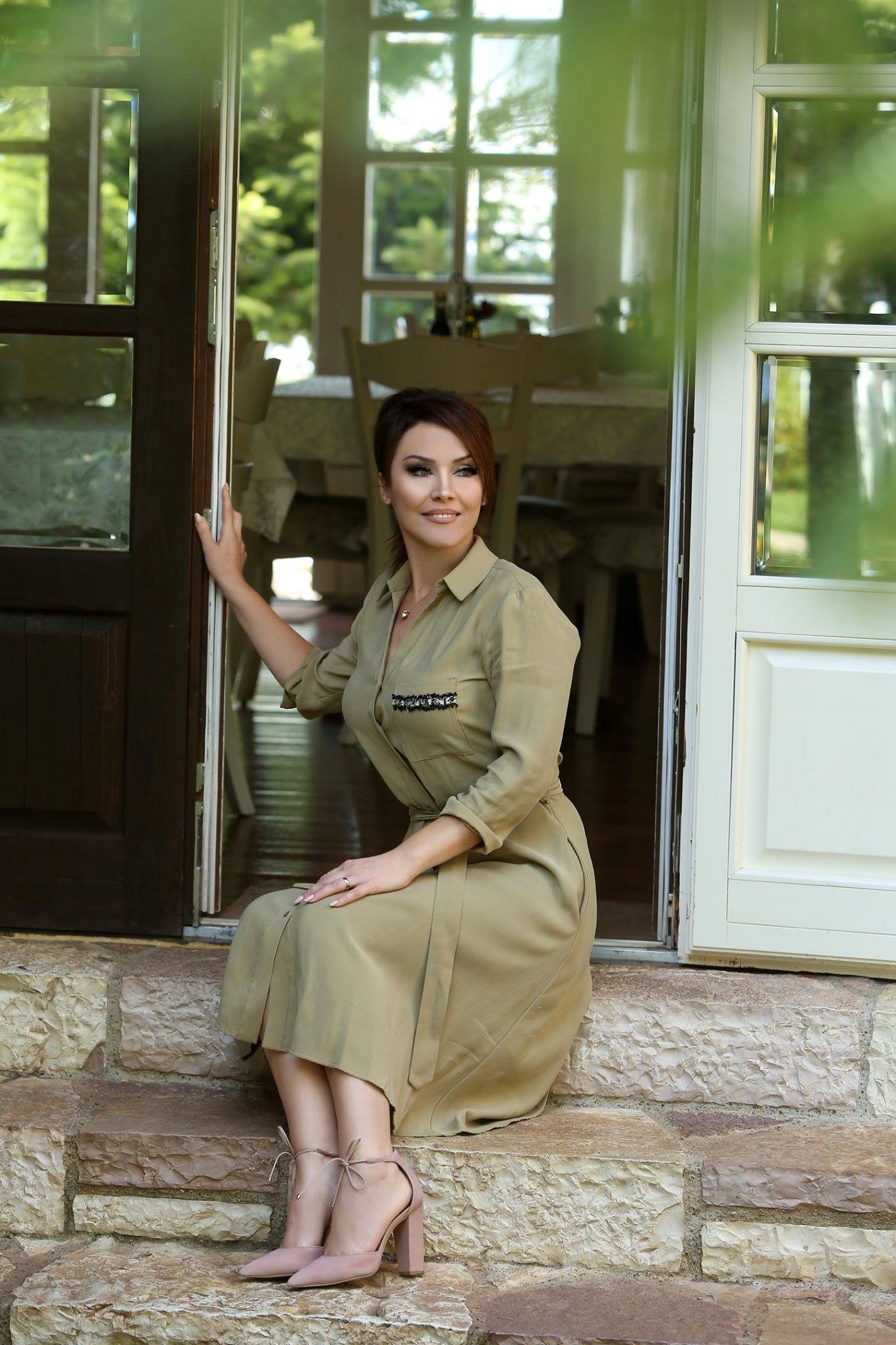
It seems that every day is either an opportunity or a disadvantage for these children. How do you see this?
Time is what we need to catch up at the pace of their growth – to give happiness, to fill life with meaning, to build a normality that reduces the distance. Our everyday mission is to bring them to a better ‘normality’ and to discover the special talents that sleep inside them. We strive with love and perseverance – and the contribution of their parents – to make their day a moment that prepares them for tomorrow and towards real improvement. We create the opportunity and we offer it. Children want to reach it. It’s a kind of race where there is always a winner.
In your Center there are plenty of success stories. Can you tell us more about these stories?
After seven years of intense work we have also enjoying many success stories. They are really inspirational. We experienced incredible emotions when a child at our center, named ‘Egli’ won a photography contest. He finished third grade at the “Luigj Gurakuqi” school with excellent results. Also, the sounds of the violin of ‘Alesia’, which follow the music school “Onufri”, give us renewed hope that we can achieve great results. Then there was ‘Kleos’s’ drawing exhibit, ‘Steven’s’ gift of mathematics and the successes of Rei, Anjes, Roan, Leandro, Lorena, Faik’s etc. They all give as a sense of responsibility that we can do even more! We have to do more! Our work is the mission of our life.
What is your daily work in this Center?
Based on the evaluation by a multidisciplinary team, a specific program for each child is drafted. The program is detailed and changes according to the performance of children in collaboration with therapists. Everything is provided free of charge. Achievements and objectives are defined every three months. The Center offers development therapy, speech therapy, physiotherapy, and counselling for the teachers and parents. Along with this, we often carry out awareness-raising campaigns and workshops for educators and teachers regarding our work on the acceptance and involvement of children with CSA in kindergartens and schools.
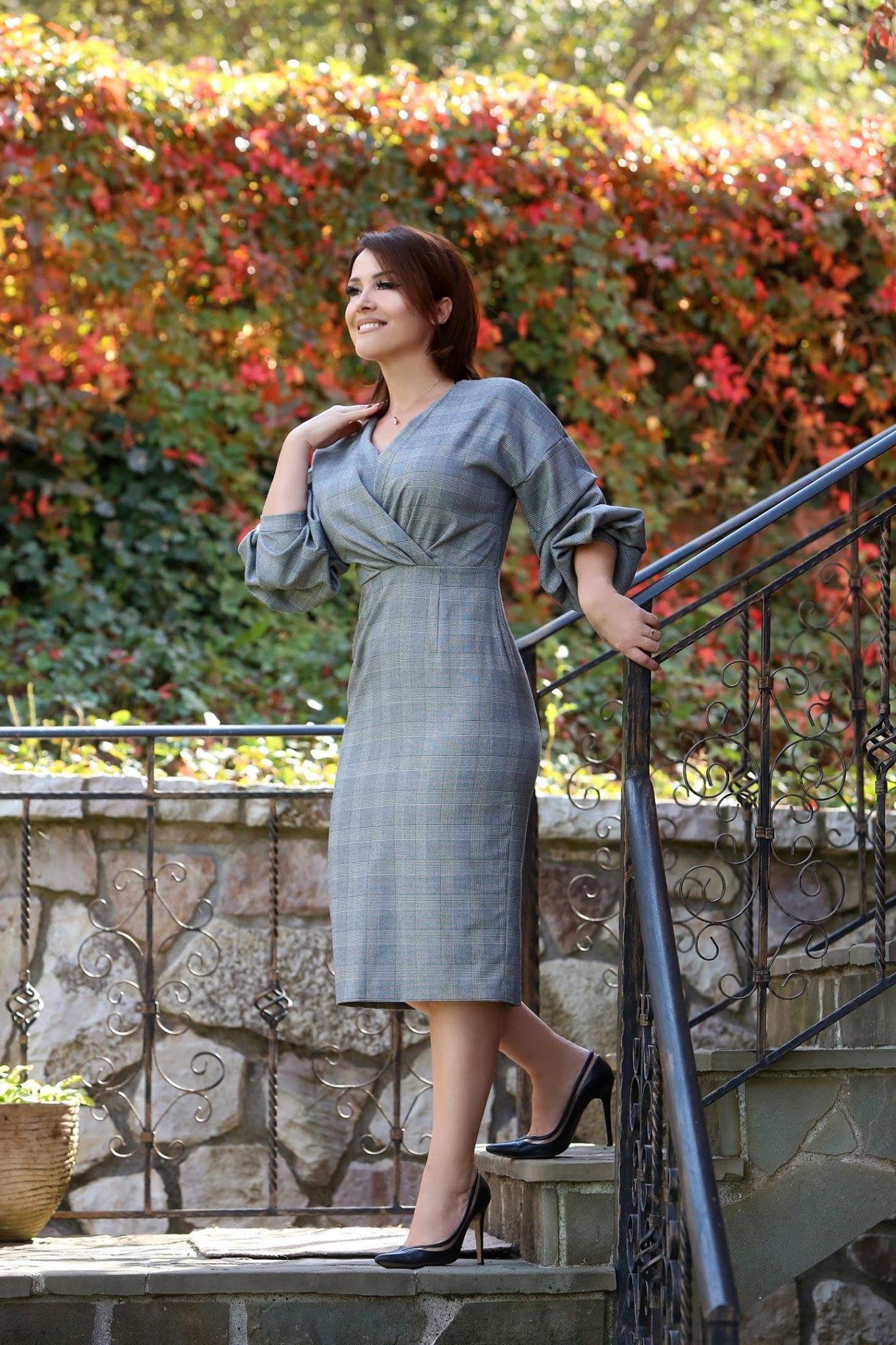
What are the main difficulties and obstacles that you face every day in your work?
Problems are complex. They originate from those of a social nature followed by those of an economic nature. The majority of parents with such children suffer from many years of unemployment and inability, ranging from remoteness to overcoming stigmatising opinions. They are then followed by those problems that do not look so much but have a specific role in our work, which require greater financial support. The Center started its work with 20 children and today it has reached 70. The trend is on the rise. An increasing number of children creates a necessity for a larger building with light and warmth and with toys and didactic tools as the basic accessories of our work. The enrichment of physiotherapy and speech therapy cabinets is another problem. We also need more training and experience sharing with the support teachers now set up in the schools where our children are attending, to increase the level and quality of our common outcomes.
In terms of striking a balance your work either seems to fulfil you or give you negative emotions as you must hear many dramatic stories of children?
We live within a sort of ‘normality’ in terms of ‘balance’. ‘Dramatisation’ is excessive in our work. It is a vital communication that does not end with the knocking on the door of the home and does not even begin when sharing the first ‘’good morning’’ with the children. It’s like the flow of a river delivering water every day to the sea but not measuring the actual amount of water. We receive many of these pure beings every day. Working with children and their parents has ‘grown us’ not only professionally but above all has grown us as beings because we give without stopping. These children make unconditional progress and spread love that they transmit to us every day. They open our eyes and hearts to discover more about ourselves, so we can be our best. Their parents are our heroes who endlessly suffer and end up sacrificing themselves in order to be patient, grateful, polite and to bring joy. Where do they find all that force? In love. Children are the treasure of the soul. Their treasure they trust to our hands. There is not a greater privilege than this.
In retrospect have you ever regretted taking this path? What would you be doing today if you did not run the ‘Elbasan Autism Center’?
Resentment is the fault of failure. Life has provided me with other opportunities but naturally I have chosen to stay here where I am. I feel warm, well, engaged and motivated. I consider the work I do as a day-to-day effort that gives me the opportunity to realise my inner human being. I am not against even higher ambitions though. Even when they are built and realised through the service and the creation of good, more peaks remain to be achieved. Personally, I am more tempted to live in the ‘detail’, to have more sincerity, to worship and to serve. Children never betray you. I’ve always believed that a person can do any work if they just do it with the heart.
To give the best you can with professionalism, correctness, gratitude, respect, understanding, appreciation and support, for me, is equal to fame and power over evil. Everyone has a purpose in life, a rare gift or a special talent to give to others. When we mix this unique talent with service to others’ we experience the excitement and pleasure of our soul – which is the ultimate goal of all goals. The epicenter of my work is not the bureaucracy but the children, their well-being and their progress.
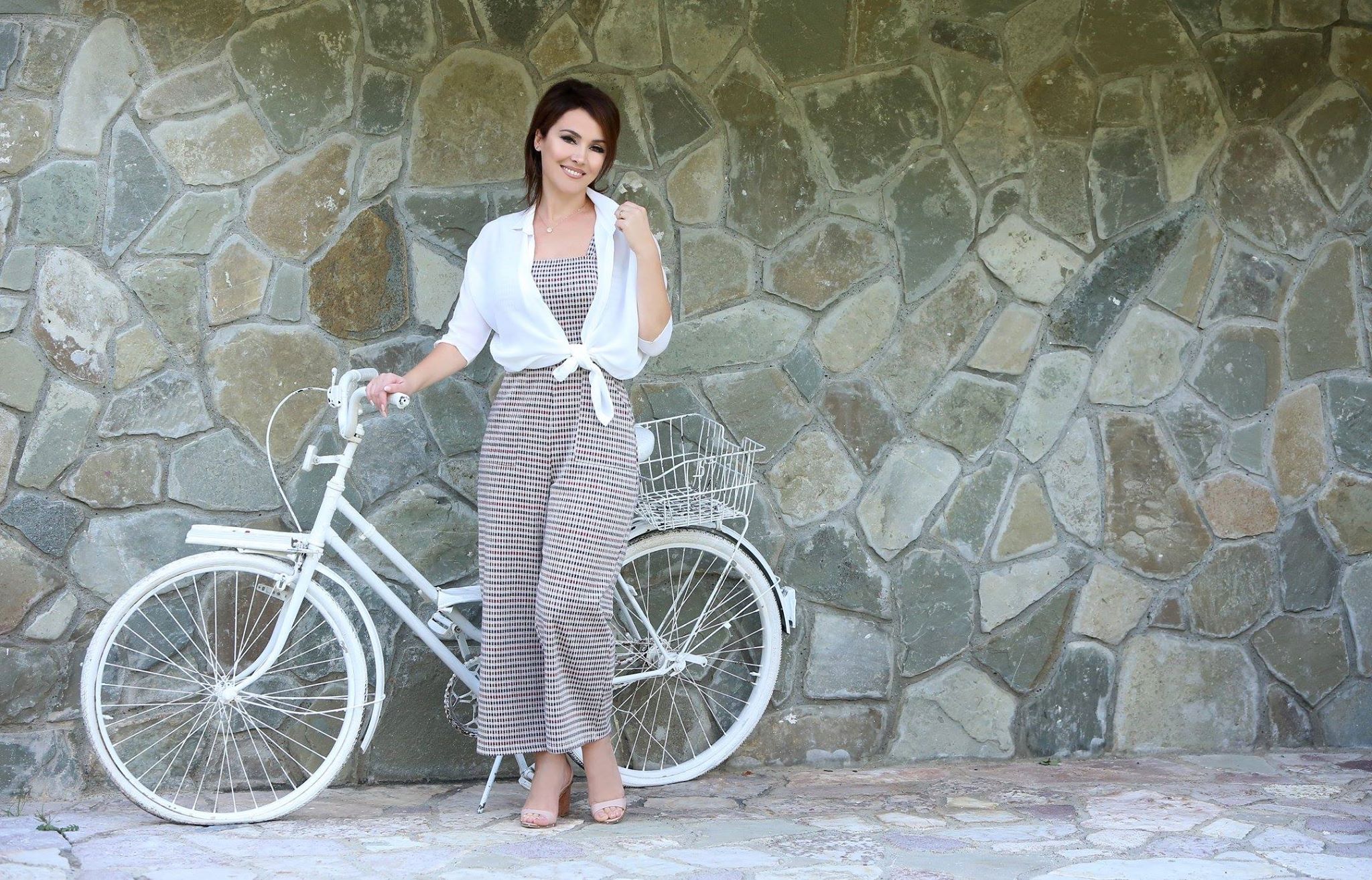
Is Autism cured? What is not yet known about this disorder?
Autism is a complex neurobiological disorder of human development and part of the Autistic Spectrum Disorders. Today, at least one in 68 people are diagnosed with autism, making it more common than cancer, diabetes, and AIDS added together. It is as very wide diagnosis as it may include individuals evaluated as having advanced intelligence coefficients or even late mental development. Individuals with autism can be speechless or silent, affectionate or cold, methodical or disorganised. Autistic Spectrum Disorders are also characterised by different levels including impairment of verbal communication, damage to skills and social integration, behaviours, interests and stereotypical or recurring activities. Scientists are still unclear today about the cause of Autism, but they seem to be convinced that genetic factors interact with environmental factors in a relationship for which there are some hypotheses that are being worked on with intensity in order to prove some sort of correlation.
Numerous studies have been conducted and continue to be performed which have found a number of problematic genes and some areas of the brain that do not function normally. It appears that brain development during foetal growth in pregnancy is dictated by gene defects that hinder nerve cells from communicating well with each other. But humanity is still in its infancy re understanding what is happening in the child’s brain with Autism. Today, numerous scientists in America and Europe and prestigious institutions are working hard to advance knowledge in this field. And never before has mankind been dealing with this disorder as much as in recent years. One important conclusion is already confirmed: it is not the mother, or the parent and parenting practices that causes autism. Through sophisticated computer experiments and sophisticated equipment, scientists are intensively studying the factors that are supposed to cause autism or methods of effective treatment. So at the moment, autism still remains a partially treatable disorder.
Some therapeutic models make it possible today to control and modify specific symptoms by bringing visible and sustained improvement. A good treatment plan puts in motion a group of specialists who coordinate work to modify the underlying symptoms: impairment of social benefits, communication (verbal and non-verbal), and repetitive and obscure actions and behaviours. The sooner the intervention, the better the results seem to be. Therapeutic models are varied and sometimes aided by medicines prescribed by doctors. But the most successful ones are when the family is involved essentially.
Naturally, such a work requires good collaborators and partners. How do you select them?
We are supported by a youthful and energetic staff, consisting of psychologists, speech therapists, physiotherapists, and social workers. We function as a great family within a natural harmony and within some inalienable rules and principles that are obeyed unequivocally. No one tends to learn simply by lectures and councils. They want to be guided through inspiration. Their choice is made through complex qualities that include the positivity, communication, and capability of the field they cover.
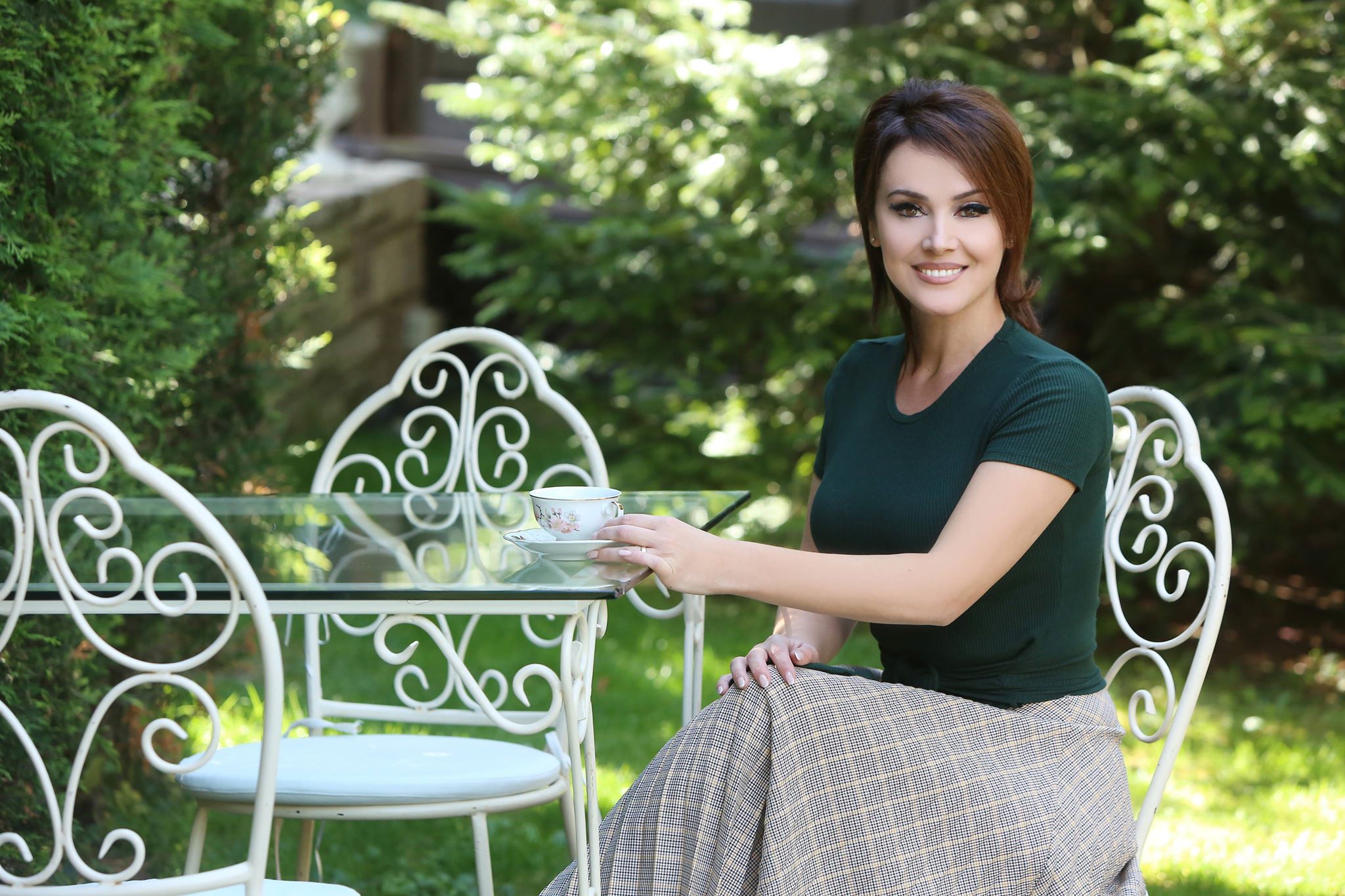
How many Albanians, Institutions and Associations are aware of this disorder? Is it enough that there is just an awareness? What more can be done?
We cannot say that we have enough awareness – including families, institutions or associations. Families still largely hesitate to diagnose their children at an early age and admit with difficulty the presence of the spectrum in their children when it is evidenced by the doctor and psychologist. The admission phase is then associated with strong doses of scepticism and the depression of not finding a final solution route. At this point our work is and remains complex.
State institutions have a far-flung reaction to this disorder. There is a willingness from the ‘Ministry of Health’ and the ‘District Council’, but the funds made available are inadequate and the way of giving them, with new legal changes, is subject to a too many complexities which I prefer to avoid. The state needs to express clearly and with concrete commitment to care for this category of illness that more than anything else is healed through the love of society. Associations, despite institutions, are more committed and more persistent in their activity to support autism.
How committed are the state and civil instances toward the Center?
I think that social solidarity is different in our country and is greater than the care that comes from the most prominent and comprehensive state instigation sources.
Do you have a motto that guides you in your daily life?
Our motto is, “We can, but together”.
You are the mother of a teenage girl and a 12-year old youth. As a woman, and as a mother, how fulfilled are you? And how do you advise them?
The family is my paradise, the beginning and the continuation of everything. The care, attention, sacrifice and love that family and children give are the sparks that spark in me the inner melody and the dance of life. Any criticism about my tolerance with the children I always pick up. But I want to be the source of energy, so they come to me to find comfort, peace, warmth with no boundaries between being a mother and a good friend. I am a child who plays with them full of openness, sometimes a teenager, and I often turn into a “wise counsellor”, but not through being tough!
Do you ever make compromises?
For the small things that add to the joy of daily life and to give smiles to the children – YES – I make compromises.



